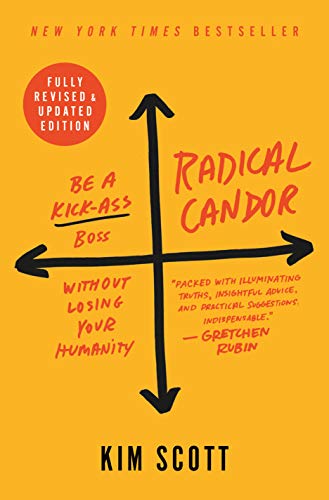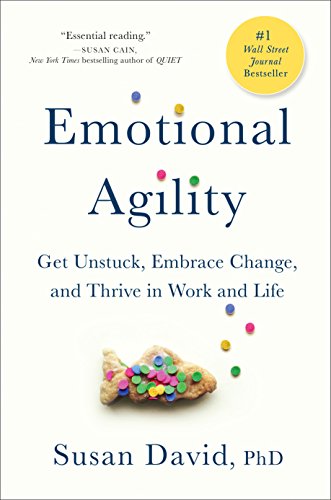Mastering Community
Think you might want to read this book?
Mastering Community is a comprehensive breakdown of everything an organization should think about to foster cohesion. Concepts such as radical candor, kissing up/kicking down, and ruinous empathy are discussed to help frame what helps a community gel. This is a great read for any educational leader looking to create an intentionally successful community.
What Would Socrates Ask?
Has your school “mastered” community? In what ways has it or hasn’t it?
What activities or events help to bond everyone at your school?
Have certain events or issues gotten in the way of your school becoming a community? Has anything facilitated it becoming one?
Research
A revealing study showed that the number of “close others” that American claimed to have in 1985 was only three. In 2004 this dropped to one, with over 25 percent of Americans saying that they have no one with whom to share a personal problem.
Daily interactions matter and the strongest predictor of retention is the relationship with one’s immediate supervisor.
When teachers greeted middle school students personally and with positivity as they entered the classroom, it increased students’ academic engagement by 20 percent and decreased disruptive classroom behavior by 9 percent.
85 percent of the mistakes - in both professional and personal relationships/communities - are in the form of ruinous empathy.
Researchers made feedback 40 percent more effective by prefacing it with just nineteen words: “I’m giving you these comments because I have very high expectations, I know that you can reach them.”
50 percent of respondents said they’d rather do “any unpleasant task” than attend a regular meeting.
75 percent of those surveyed received no training in how to conduct or participate in meetings.
When married couples exercise together, both partners report more closeness later that day, including feeling loved and supported.
Those who take a break approximately every 90 minutes report a nearly 30 percent higher level of focus across the day.
A team’s performance often isn’t driven by the average of a team, but rather the worst performer.
Concepts
Companies and leaders can best build communities by:
Sharing information
Unleashing people
Creating a respectful environment
Practicing radical candor
Providing a sense of meaning
Boosting member well-being
Invisible leader - someone who gives people increasing responsibility to shape their roles
Kiss up, kick down - toxic people tend to present different personas to different hierarchical levels
Radical candor - to be willing to say the thing that might upset the other person because they need to hear it, because you do care about them
Ruinous empathy - when you care personally but fail to challenge directly; it may make you feel like a kind person, but it tends to be unhelpful and may even prove damaging
Rule of Four - it takes four good things to overcome one bad thing
Quotes from the author
“If you see a problem, offer feedback immediately, or shortly thereafter, depending on the situation. The sooner the better, because people may not remember the situations you’re describing.”
Quotes from others
“Control leads to compliance; autonomy leads to engagement.” - Daniel Pink, author
“If you can say it to a dog, it doesn’t count as praise.” Kelly Leonard, author
“If you are looking at your own corporate culture - reinforcing, rebuilding, reframing - don’t start with fun. Start with trust.” - Tom Gardner, co-founder and CEO of Motley Fool
“We don’t believe perks drive our employee engagement, but feeling like your leadership team cares about you and what you want or need to be happy does drive engagement.” - Lee Burbage, Chief People Officer of Motley Fool
“Everyone thinks of changing the world, but no one thinks of changing himself.” - Leo Tolstoy
“There’s a simple truth: the shorter your sleep, the shorter your life. Short sleep predicts all-cause mortality.” - Dr. Matthew P. Walker, professor of neuroscience and psychology
“A spoonful of tar can spoil a barrel of honey, but a spoonful of honey does nothing for a barrel of tar.” - traditional Russian adage
Implement tomorrow?
Don’t give anyone a feedback sandwich. If constructive criticism is after, and followed by, compliments, then the feedback is likely not to land. Be clear about the fact that you are giving feedback that will help them improve and then be clear what that feedback is.
Organizations/schools working on answers
Gateways to further learning
Referenced books with the potential to impact leading and learning in education
The applicability of this book to education is ….
Resources








